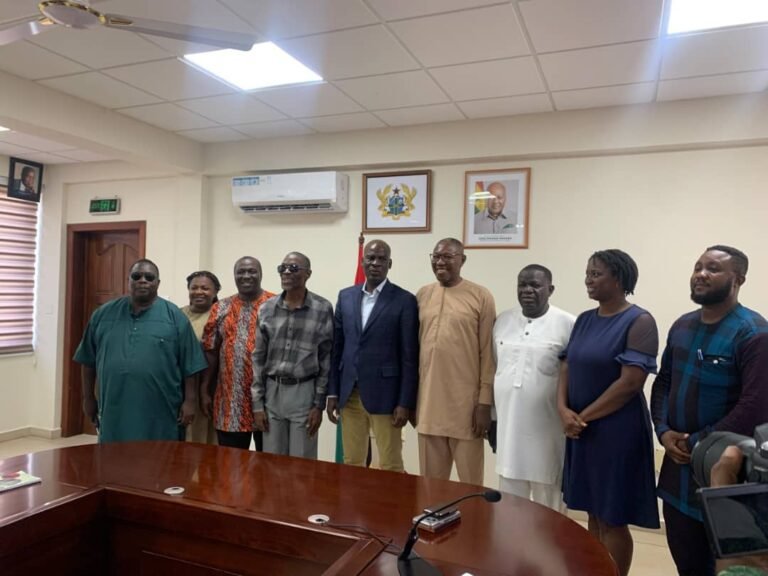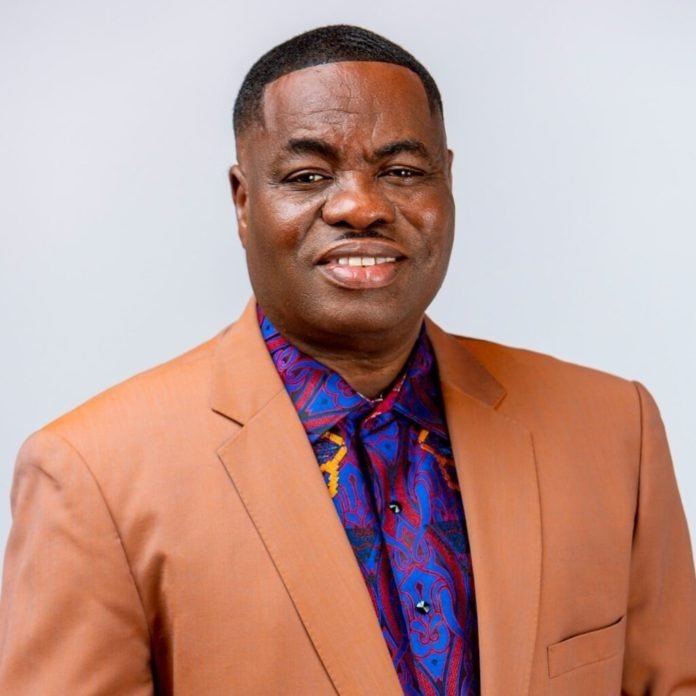
Since human civilisation, agriculture or, for that matter, hunting, crop and livestock cultivation, has been the core vocation of many nations and communities.
While carpentry and arts and crafts could also be said to be serious vocations, the need to be self-sufficient in food production for home and community consumption and for supporting the military was more imperative. The wealthy folk were always the livestock families and those who owned fishing boats, particularly for communities endowed with water bodies.
Access to natural resources
Centuries on, communal and ethnic conflicts have hinged on grazing and arable land as well as access to water bodies. From the West African coasts deep into our northern regions, and upwards to the Nile, access to these natural resources and economic heritages have ignited into communal conflicts, sometimes climaxing into political jihads that are exterminating populations.
The importance of such access is manifest in most of our natural resources being traditionally considered as landmarks and boundaries for adjoining states and communities.
That may be why the Kpeshie and Sango lagoons provide boundaries, respectively, for the people of La and Teshie as well as Teshie and Nungua. It is also the reason why we have several communities sharing the rich resources of the Volta, from the North through the Middle Belt into the South at Ada in the Greater Accra.
Framework
Whilst we have a global maritime framework for accessing the vast marine resources all over the world, it appears that smaller countries like Ghana have a particular difficulty protecting what is ours.
Indeed, though we appear to have managed existing frameworks for harnessing timber and oil or gold and, probably, salt, our marine rights appear to have been threatened since the days of the Provisional National Defence Council by Asian fishing companies.
It appears that the disdain we have had for our water bodies over the decades and the resultant toleration of such attacks by our agencies in charge of the sector have combined to wreak cost to our national economy.
Minimising wastes and threats
With the Volta and other water bodies providing us with so much potential for our fish intake and food security needs, generally, we therefore have little excuse not being able to maximise gains in fishing as a vibrant economic sector.
It is worrying to hear that we are spending about the same amount of $200 million that we use annually to import poultry into the country to import fish. That is aside of about the same amount that we are told goes into importing vegetables seasonally.
As the President has noted, not only does the oceans provide us with food, but also it is a source of energy, recreation and livelihoods – indeed a whole sector with potential in billions of dollars – if we harness those resources competently, diligently and prudently.
Unfortunately, beyond the economic threats that we tolerate from outside, we are also assailed from within by poor sanitation cultures and practices as well as purely criminal methods of fishing that rid us of our potential to grow the sector and sustain it for future appropriation.
We therefore commend the President for finding the courage to put in place robust structures that would not only regulate the environment and protect our natural resources, but that such efforts would culminate in the creation of a whole sector capable of generating livelihoods.
Lake transport
Ghana used to have a boat-building industry that supported inland and offshore fishing activity. It is the opinion of the Daily Statesman that even as we develop our rail sector, we would be revamping the fishing sector in adding to the efforts to create jobs.
That, we believe, should also culminate in developing our water transport system to meet modern standards in ferrying raw and processed fish across communities to marketing centres in creating more and more jobs.







